Have To Vs Must Difference
'Don't have to' is used to express that something is not required.
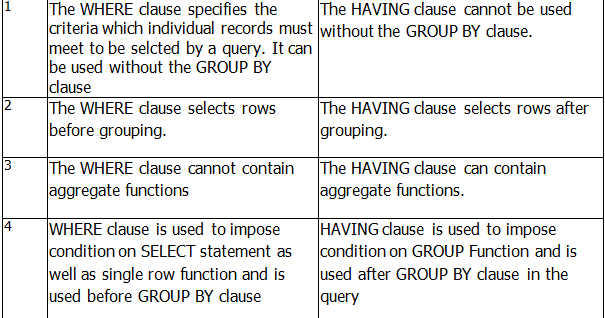
Have to vs must difference. You are obliged to come (I require that you come) You have to come. She will _____ wait in line like everyone else. The modal should Express opinion, one person’s point of view.
We sometimes call this 'external obligation'. We include have to here for convenience. If you say, We must talk to her before she leaves, you mean that you think this is very important, and you need to do it.
Have to can play the role of must in the past (had to) present, and future tenses. Discuss the differences between 'have to' and 'must' in the positive form. We start by looking at the difference in meaning between:.
In fact, it can be said that must and have to are two different words that give different senses and not the same meaning. Don’t have to means there is NO obligation to do something. They can be used interchangeably in the present.
So, let’s have a look at these examples to understand the. The main difference between must and have to, is that while must is a modal verb, have to is a semi-modal verb, in the sense that as a modal verb it is used along with the verb to express necessity, but acts like a normal verb in its formulation. What is the difference between deliver and hand in and please hand in your homework on time ?.
Must = used for strong advice, obligation, and rules;. As nouns the difference between must and most is that must is something that is mandatory or required or must can be the property of being stale or musty or must can be a time during which male elephants exhibit increased levels of sexual activity and aggressiveness (also musth) while most is (uncountable) the greatest amount. Must and have to are both used to talk about obligations:.
The entry for today is a very subtle one:. When we are talking about another person's obligation we use have to, too. Both “should” and “must” are similar in meaning except that “must” is a much stronger word as compared to “should.”.
It tests what you learned on the have to, must page. Must, have to and have got to:. You shouldn’t drink cold water.
MUST is used when expressing obligation or an unavoidable requirement, whereas SHOULD is more of a recommendation, obligation, advise, probability, expectation and co. However, we say "need to" when we want to…. Should = used for give advice (not as strong as the words above);.
Make sure to point out that 'have to' is used for daily routines while 'must' is used for strong personal obligation. While Must can generally be replaced by Have to in the present tense, there is sometimes a slight difference in meaning or use. Have to, must Quiz.
Must is known as a modal verb in the English language while have to is a verb. Must and have to express obligation or necessity:. But they each have slightly different connotations and uses.
This always happens with periphrastic modals, but these are merely individual preferences, not usage guides -- there is no consensus. In contracts, standard documentation and various other specialised usages have their own understandings of the term. We generally use must when the speaker decides that something is necessary, or needs to be done.
You have sore throat. There is a small difference between how we use the semi-modal verb had better compared to other modal verbs like have to/must or should. (indicates that the speaker is certain that the subject will have executed the predicate) or must can be to make musty while will is (archaic) to wish, desire or will can be (rare|transitive) to wish, desire (something).
When you say, I have to go into work early tomorrow, you mean that. ‘must’ is used for internal obligation and ‘have to’ is used for external obligation. There is a slight difference between have to and must though they both seem to convey the same meaning.
Achintha on The Difference:. While the verb to have has many different meanings, its primary meaning is “to possess, own, hold for use, or contain.”Have and has indicate possession in the present tense (describing events that are currently happening). “Have to” and “must” are very similar in meaning and can often times be used interchangeably.
The crucial difference between should, ought to and must, is based on the extent to which they emphasize, in the sense that must is the most emphatic of the trio. Have to Must e have to expressam uma obrigação, uma necessidade, mas existem pequenas diferenças:. Must Should, ought to and must are auxiliaries with very subtle differences in their meanings.
Have To vs Must. “must’ve” is a contraction of “must have” (and a rather awkward expression, IMHO). • Have to indicates an obligation such as a requirement by law.
Neither is a complete sentence. There is a BIG difference in meaning between Mustn’t and Don’t have to. Example Sentences Related To SHOULD;.
The difference between MUST and SHOULD Must and Should are both modal verbs. It is important that you do NOT do something. As nouns the difference between must and will is that must is something that is mandatory.
In this complete tutorial for beginners’ learners are going to learn the difference between “must” vs “have to”, so we’re comparing “must” with “have to”. We use your LinkedIn profile and activity data to personalize ads and to show you more relevant ads. You are obliged to come.
Have and has are different forms of the verb to have.Even though they come from the same word, there are slight differences in the way they’re used. Though we often use these two terms interchangeably, there is a subtle difference between in their meaning. Both Must and have to express obligation or necessity, but there are some small differences:.
Must, as everyone knows, is a modal auxiliary verb. = I have no choice. Have and have got are usually possible with little or no difference of meaning.
Have to is a variation of the verb have. I must go now. I have to get to work before 7 tomorrow.
Have / Has to expresses general obligations. The main differences between must and have to are:. We use must + infinitive.
The difference between MUST and HAVE TO. They might be heard standalone in casual chat, but just a. Have to is NOT an auxiliary verb (it uses the verb have as a main verb).
“It is advisable to …“. We must talk to her before she leaves. I must do my homework.
They are both followed by the infinitive. That’s the good news. The difference between MUST and HAVE TO in English with example sentences.
Yesterday I _____ finish my geography project. Must mustn't had to a) must b) mustn't c) had to. • ‘Need to’ indicates a need and reflects the fact there is some benefit if the task is completed or done.
People should eat enough fruits in order to be healty. I have to go into work early tomorrow. Must is a modal auxiliary verb.
These sentences are all similar, but they are slightly different. I must write a letter to John. We use should to suggest something.
“Have to’ is more common, especially in North America, but in the UK there is a subtle difference:. Let’s look at our previous example using MUST:. The main difference between must and have to is, Must indicates a personal circumstance makes the obligation necessary whereas Have to indicates an external circumstance that makes this obligation necessary.
Must means "really should or else it will be bad for you", it expresses an obligation forced by the speaker. We use have to / must / should + infinitive to talk about obligation, things that are necessary to do, or to give advice about things that are a good idea to do. I must buy some mangoes.
Can vs Be Able To With Tenses 3. Must means that the obligation to do something comes from the speaker. The words “should” and “must” are modal auxiliary verbs or simply modals.
Have to = used for strong advice, obligations, and rules;. Al has to work tomorrow so he can't come. In other words, it’s not a rule.
We say "have to" when we want to talk about obligations - things we have no choice about doing. Hi everybody ,I have a question that has been in my mind for a long time I had a fight with my English teacher in the past for that question ,What are the differences between ''should'' , ''must '' and '' have to ''?I don't think that there is any differences between them especially with ''must'' and ''should'' so can any one help me to understand that rule or the difference between them ( It. There is a slight difference in nuance between them.
What is the difference between bug and insect ?. Difference between “must” and “should” “Should” and “must” are both model verbs. • Must expresses the speaker's feelings, whereas have to expresses, above all, an impersonal idea:.
Need To vs Have To • Both Have to and Need to express urgency and used when something has to be done. Doing the homework is required. Be careful with the negative of Must and Have to.
I have to take these pills twice a day (the doctor told me to) I must study harder (this comes from my own motivation). Had better is used to give strong advice. The main difference between must and have to can be the emotional context.
So, it is obvious that the degree of emphasis is least when we use should in our sentence. Let’s look at these 2 example sentences:. The car broke down and we had to call a taxi.
So your question appears to be a matter of must have versus must have had. Through this grammar article, let us understand when and how to use each of these. . Must vs have to / mustn’t vs don’t have to – meaning.
(Student to teacher) When do we have to hand in our homework?. The verbs need, have to, and must are all synonyms of one another and are used to mean that something is necessary or required. There is a slight difference between the way we use them.
Must and Have To. Has and have are different conjugations of the verb to have. MUST is used when expressing obligation or an unavoidable requirement, whereas SHOULD is more of a recommendation, or simply a desirable goal.
MODALS + V3 Practice Test Ought to. Modals With Passive Voice 1 / 2 14. I have to do my homework.
= The same meaning as "have to" but it sounds more formal. 'Don't have to', 'don't need to' and 'mustn't' have very different meanings. You can change your ad preferences anytime.
We use have to talk about rules and obligations, something that is necessary. Must and have to are both used for obligation and are often quite similar. SHOULD vs MUST in English Difference between “must” and “should” in English;.
Need, when followed by to and a verb, is the narrowest of the three verbs. Mustn’t means something is prohibited or it is not allowed. Must and have to are synonymous, though some may prefer one or the other for certain purposes;.
Had Better vs Have to/Must/Should (Modals) Lucky khan on Making Questions Lesson 2:. 'Don't need to' also expresses that a particular action is not necessary. By most modern understandings, have to and must imply compulsion, should implies obligation without compulsion, and shall implies firm intention or commitment - or is just used in place of will to lend a certain air to the text or speech.
For example, the two sentences given below express the same idea. “She must go to the store” and “She has to go to the store.” The meanings here are the same. Must can be used as synonyms.
It is less common to use "must" in the U.S.A. In this lesson we look at have to, must and must not, followed by a quiz to check your understanding. You must abide by the law.
These words can often be used interchangeably in English;. On the other hand, ought to is less emphatic than must, but more than should. Mustn't vs Needn't vs Can't Similar Exercises:.
They provide information about the function of the main verb following it. Things you cannot choose not to do. Have to shows us that the obligation comes from outside the speaker.
As such, many people use them in this way with no distinction. What is the difference between Phys Ed and PE ?. What is the difference between version and format and edition ?.
(indicates that the speaker. You can do this grammar quiz online or print it on paper. Must / Mustn't / Needn't / Have to 12-13.
Synonym for Must In some cases they are similar. Expressing the present Must, have to and have got to are all used to express obligation or the need to do something. Had better = used for strong advice;.
One of the many peculiarities of such modals is that they only have one uninflected form, with. What is the difference between nice, kind, and good ?. Both forms can be used to express ideas such as possession and relationships.
Can Can't Exercises 5-6-7 Mustn't vs Don't Have to Exercises 1 / 2 / 3 8-9-10 Must vs Have to / Has to Exercises 1 / 2 / 3 11. Generally, they all mean that you’re talking about a responsibility, an obligation, or something that is important to do. I have to hand in reports every week.
• Must expressa os sentimentos do locutor, enquanto have to expressa, sobretudo, uma ideia impessoal:. If I do not do my homework there may be consequences. Similar to have to – strong obligation.
As a verb must is to do with certainty;. It is most often used to say that an action should be done:. 10,219 Views Ramya Shankar — Grammar Tips.
Discuss the differences between 'don't have to' and 'mustn't'. It's the difference between "have to" and "need to". Can vs Could Exercise 4.
'Mustn't' is used to express that something is prohibited. This is where they are similar. As verbs the difference between must and will is that must is to do with certainty;.
- I must write a letter. Have has to do with possession, and to have something is to be in possession of it. You should apply for that job.

I E Vs E G When To Use E G Vs I E With Useful Examples 7 E S L English Grammar English Writing Skills Learn English Words

Hospice Vs Death Doula Services The Difference Quality Of Life Care

Gross Vs Net Differences Between Net Vs Gross You Must Know 7 E S L
Have To Vs Must Difference のギャラリー

A Case Of Mistaken Identity Content Marketing Vs Influencer Marketing

Can X2f Could X2f Be Able To Must X2f Can T X2f May X2f Might X2f Could Deduction Must X2f Have English Grammar English Verbs Learn English

Inpatient Vs Outpatient Treatment Recovery Options Addiction Center

Must Vs Have To With Images Learn English Learn English Words English Language Learning

Modal Verbs Obligation Prohibition Esl Activities Worksheets Games

Mxjt Htrywjkwm

Wordpress Com Vs Wordpress Org Key Differences How To Pick

8 Differences Between Waxing And Sugaring

Must Vs Have To What Is The Difference Youtube

Join Vs Blend In Tableau Desktop Difference Between Joining And Blending By Deepti Medium
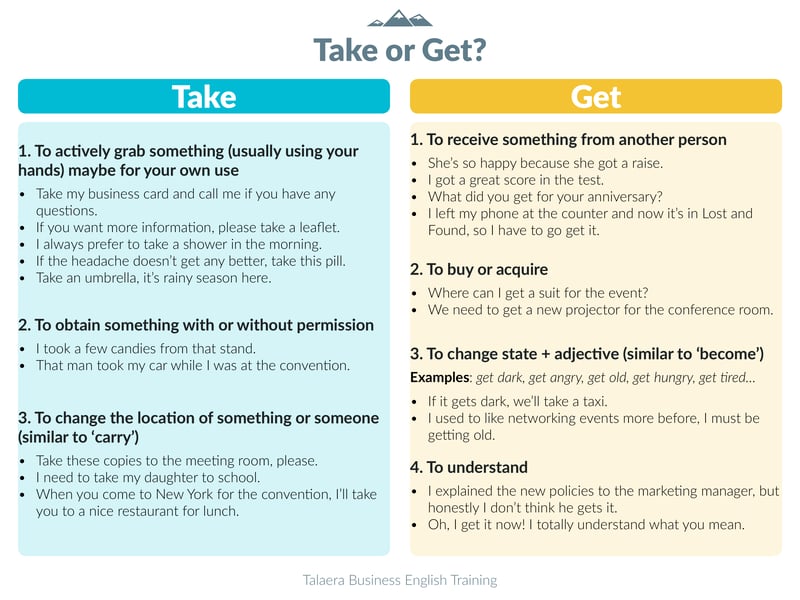
Take Vs Get Includes Examples And Exercises

Must Vs Have To What Is The Difference Youtube

The Difference Between Should And Must By Sai Krishna V K Medium
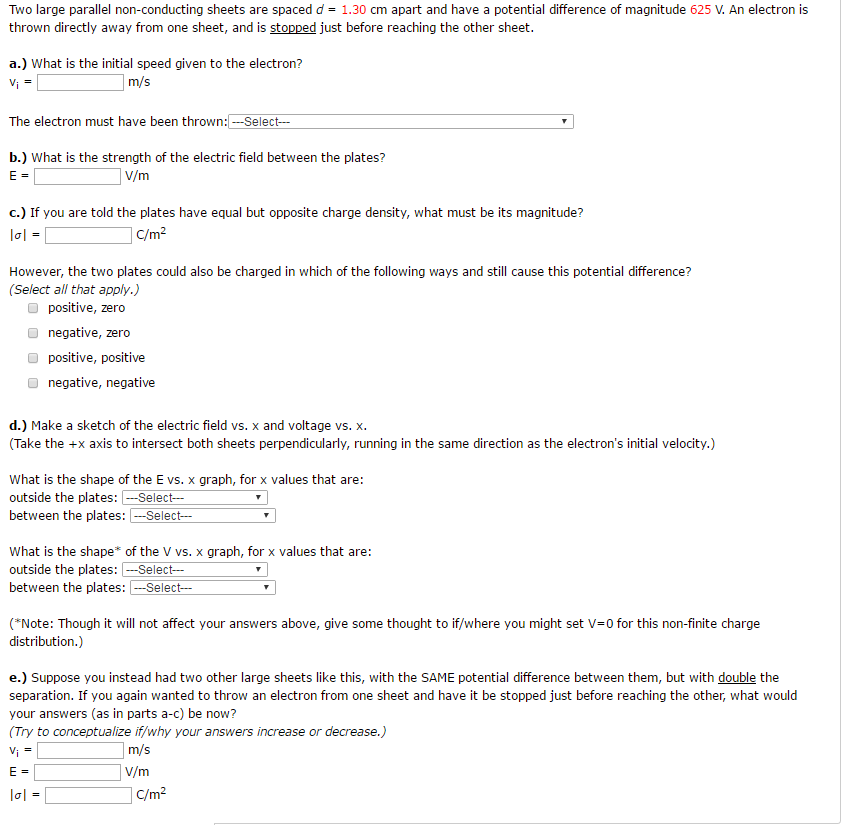
Solved A The Electron Must From The Lower Voltage Chegg Com
Q Tbn 3aand9gcrgusyeih4izvzntw2s0xfongpvvmjhz2cuipacwhdpdervkdb0 Usqp Cau

Have To Vs Need To Vs Must What S The Difference In English Advanced English Grammar Youtube
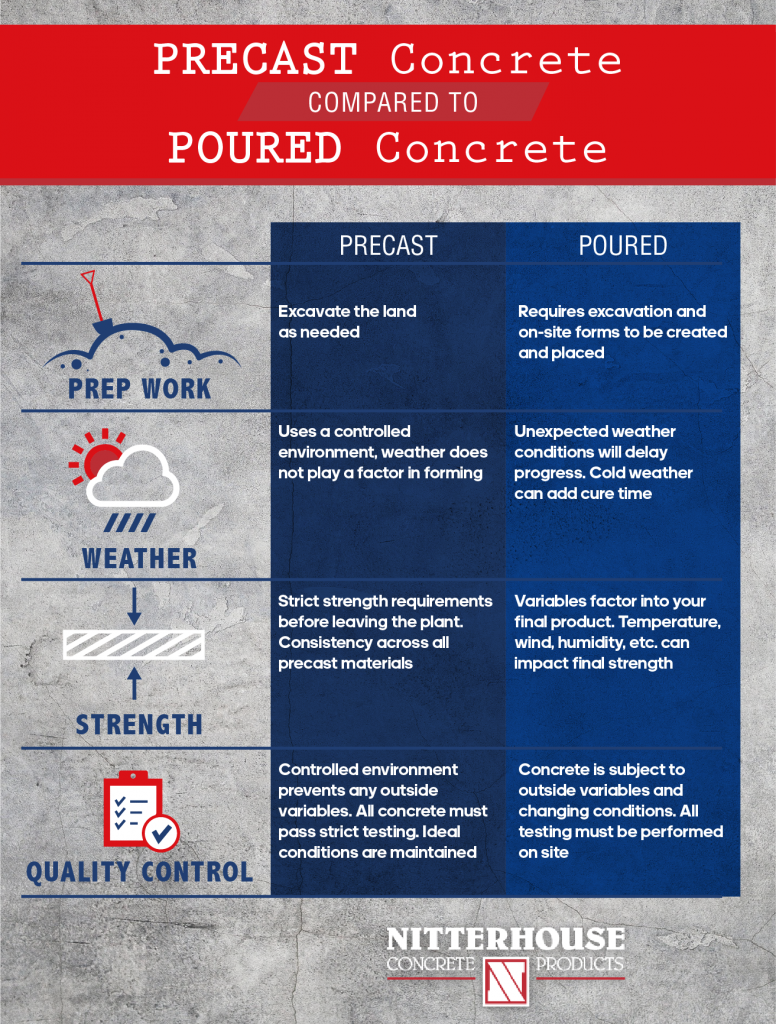
Precast Concrete Vs Site Cast Concrete What Are They
Q Tbn 3aand9gctitggmzl2j Ymsyni7w Spmbkv4s4wdmb3y9mmmu Usqp Cau

Gross Vs Net Differences Between Net Vs Gross You Must Know 7 E S L Learn English Vocabulary English Vocabulary Learn English Grammar

Must And Have To Difference A Free Guide Post
Q Tbn 3aand9gctznsybspyfxmkyd8r N8mi2lbq6hzhyhrnbzlsuzndvk6fsmu4 Usqp Cau

Apple Iphone 11 Vs Iphone Xr What S The Difference

Front End Development Vs Back End Development Where Course Report
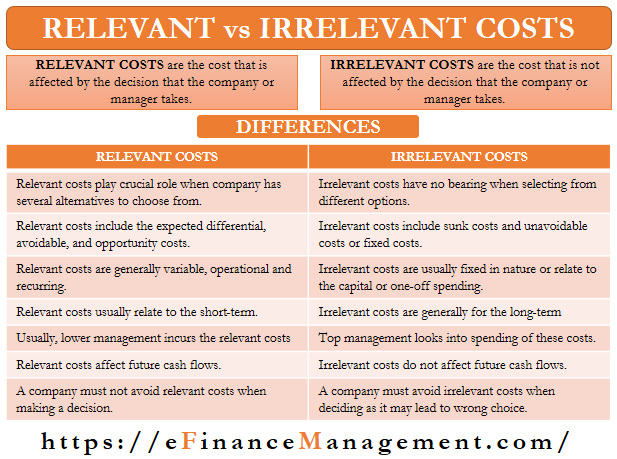
Relevant Cost Vs Irrelevant Cost All You Need To Know
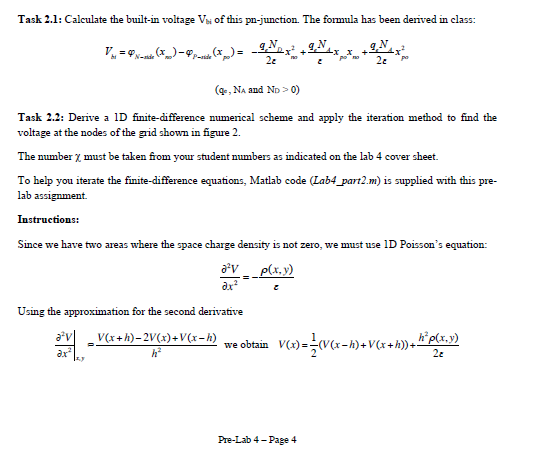
Task 2 1 Calculate The Built In Voltage Vs Of Thi Chegg Com
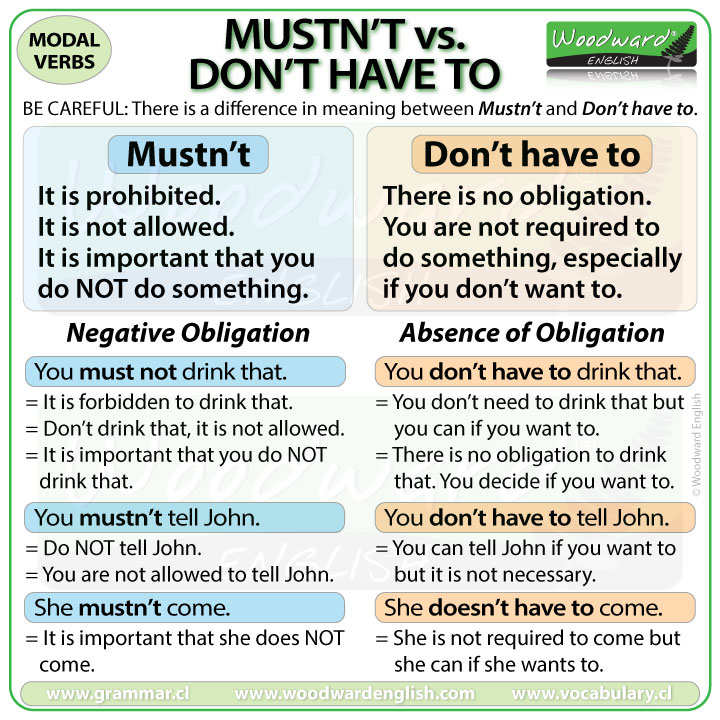
Mustn T Vs Don T Have To Woodward English

Urgent Care Vs Emergency Care A Difference You Must Know
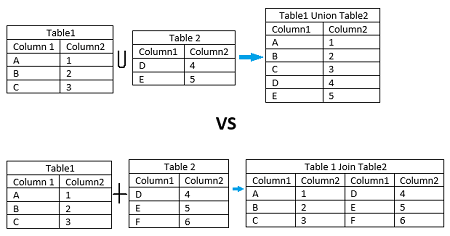
Difference Between Union And Union All Javatpoint

Modal Verbs Obligation Prohibition Esl Activities Worksheets Games
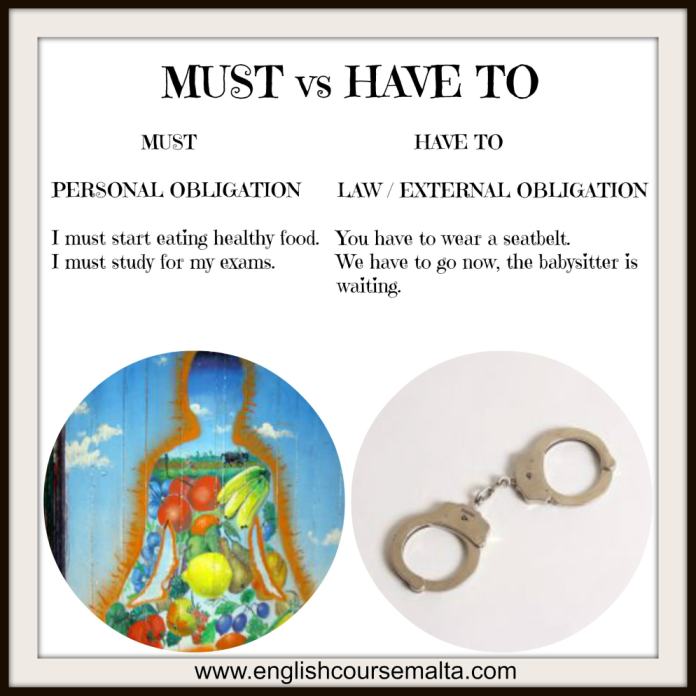
Must Vs Have To Infographic English Course Malta
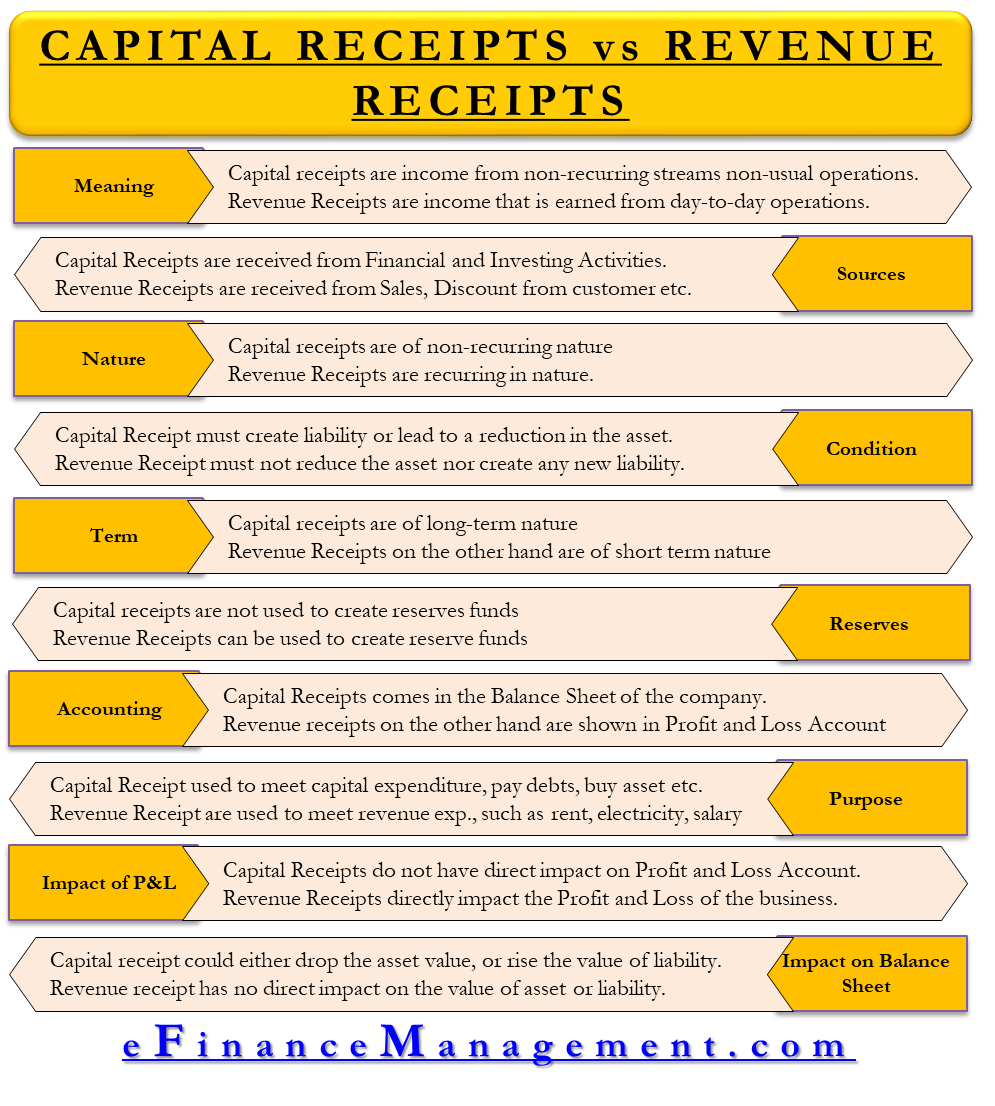
Capital Receipt Vs Revenue Receipt All You Need To Know Efinancemanagement Com

Mla Vs Apa An Ultimate Guide Of Citations Collegelpt

Must Vs Have To

Post Vs Page In Wordpress What Are The Differences By Janessa Tran Gretathemes Jun Medium
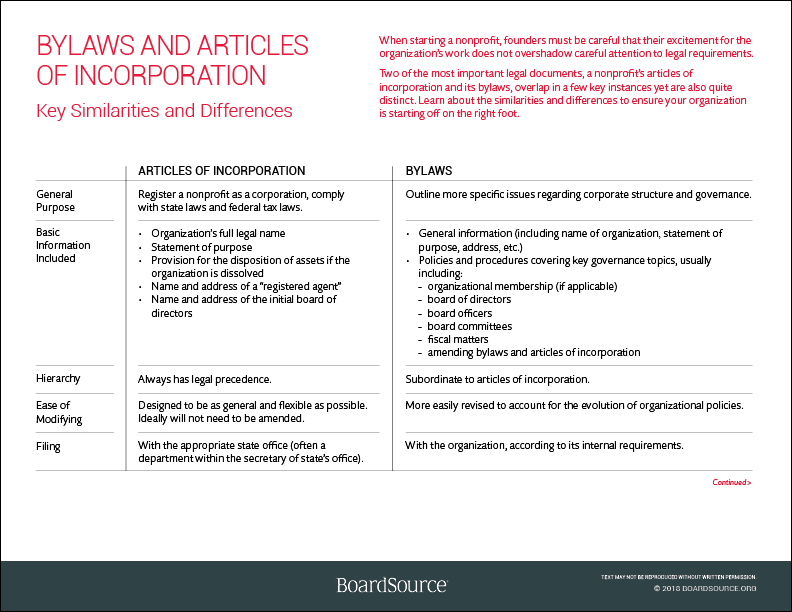
Bylaws Articles Of Incorporation Key Similarities Differences Boardsource

Http Vs The Difference And Everything You Need To Know
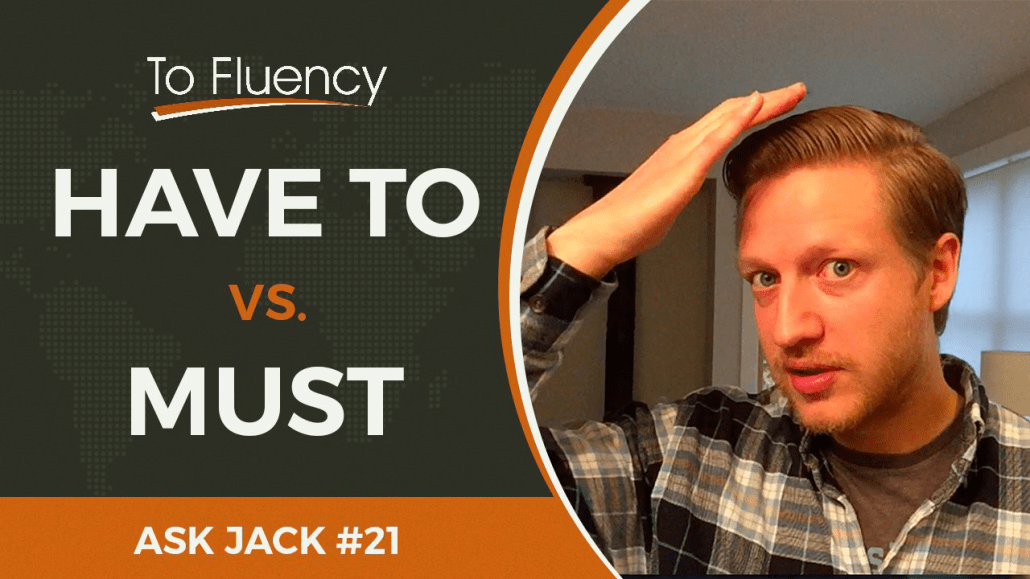
Have To Vs Must Watch This Video To Finally Learn The Difference

Difference Between Where And Having Clause In Sql Java67

What S The Difference Between An Hsa And A Medicare Msa

Ipo Vs Ico What Is The Difference Between Ipo And Ico Justcoded
/marketing-vs-advertising-what-s-the-difference-2294825-FINAL-5bec5a9ac9e77c00519466cd.jpg)
Differentiating Marketing From Advertising
Java Vs Javascript Which Is The Best Choice For Updated By Sophia Martin Towards Data Science
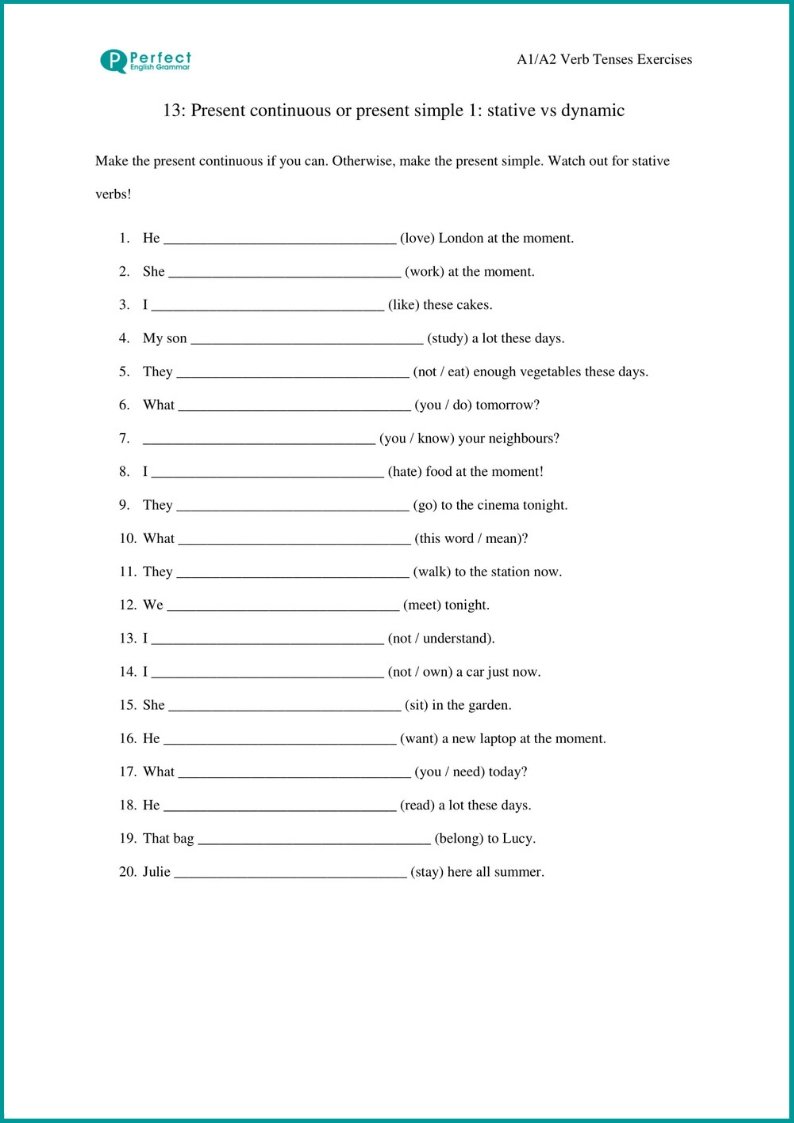
Could Have Should Have Would Have
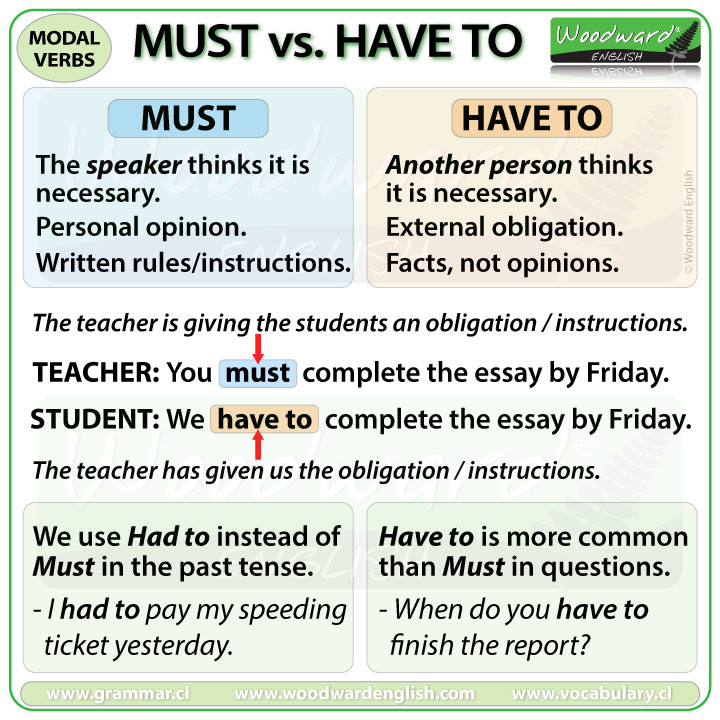
Must Vs Have To Woodward English

Right Issue Vs Bonus Issue Top 6 Differences You Must Know

H O T D O K Difficulty Vs Complexity What S The Difference

Must Have Vs Nice To Have There S A Difference Myagentfinder Blog

Synchronous Vs Asynchronous Learning Online Schools
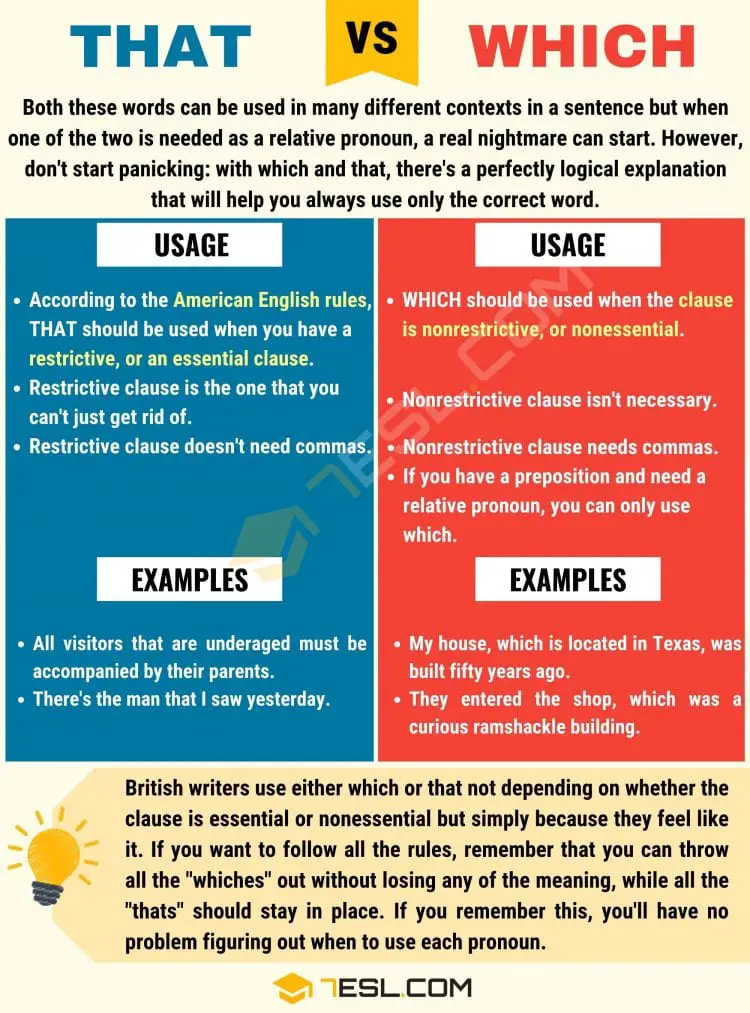
Which Vs That Is There A Difference Between Which And That
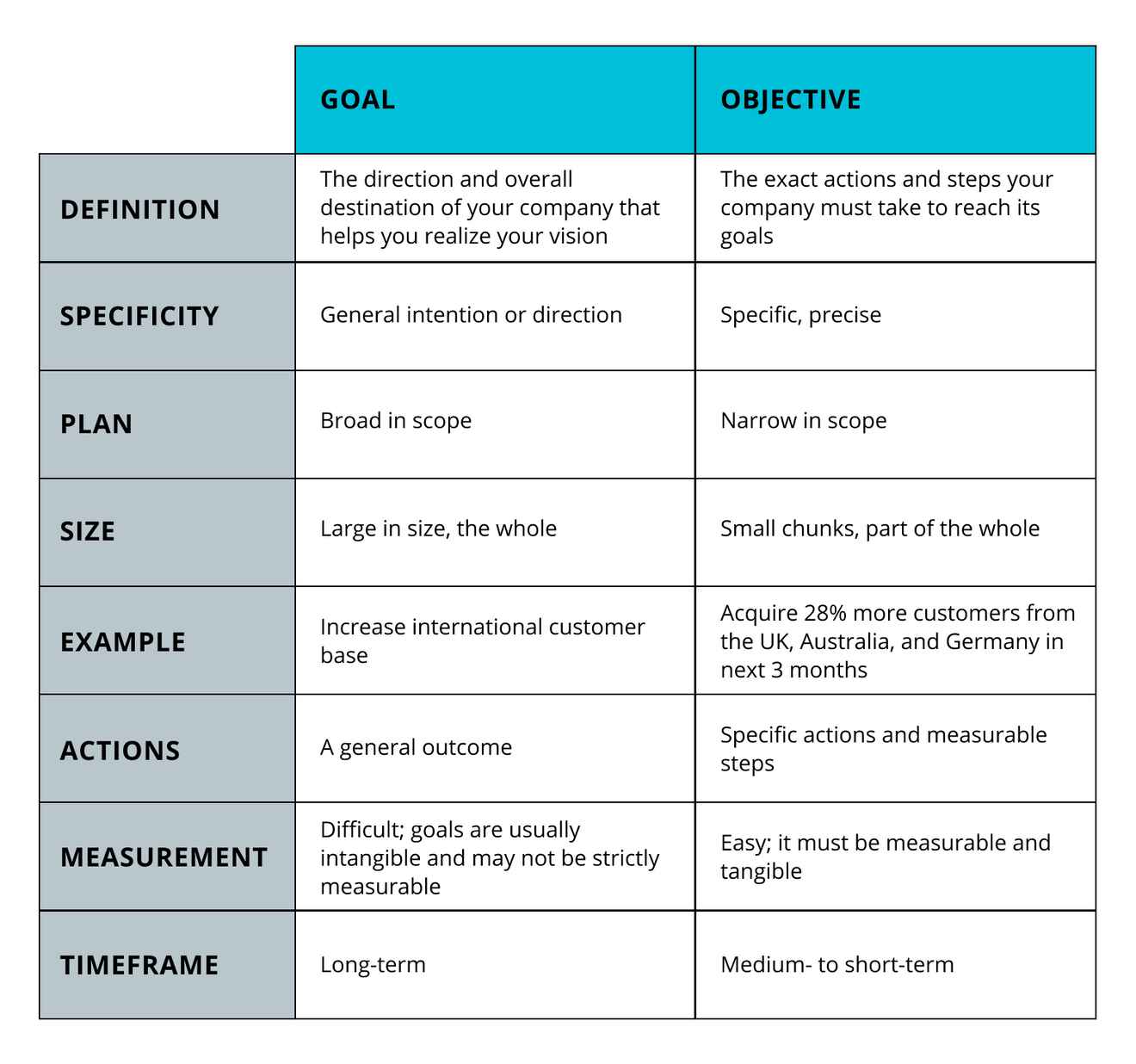
Goals Vs Objectives And Why You Got It Wrong Range

Spring Water Vs Purified Water Which Water Is The Best For You

Mustn T Vs Don T Have To What Is The Difference Youtube
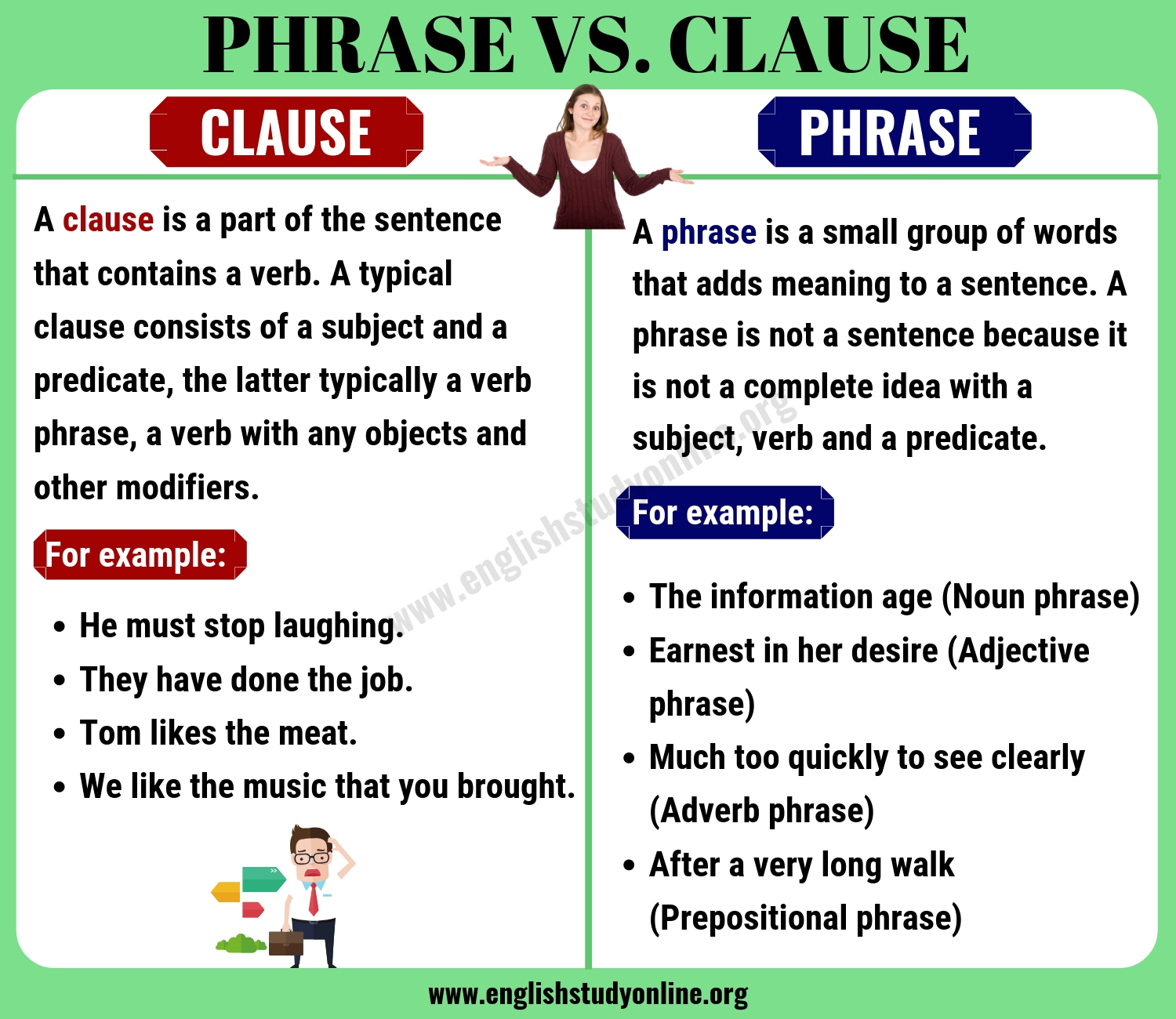
Phrase Vs Clause What Is The Difference Between Clause And Phrase English Study Online

Qualitative Vs Quantitative Research Simply Psychology
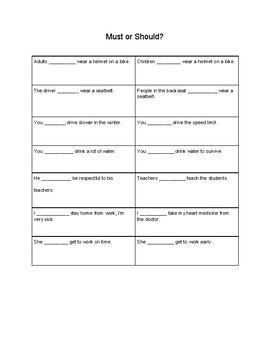
Should Vs Must By Teaching Enl Learners Teachers Pay Teachers

Difference Between Where And Having Clause In Sql Java67

Cna Vs Rn Career Paths Infographic Goodwin College

Modal Verbs I Must Have To Don T Have To Mustn T Ppt Video Online Download

Data Science Vs Big Data Vs Data Analytics Understanding The Difference Learntek
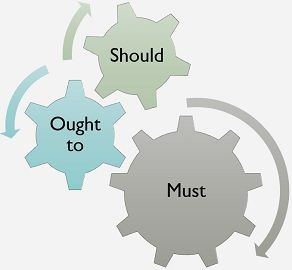
Difference Between Should Ought To And Must With Example And Comparison Chart Key Differences
Q Tbn 3aand9gcsje02xoidnqkyh Cqn3dhnoot4mqu2ksbucf4wuoxuk Hxwsiw Usqp Cau

Unit 9 Grammar Modals Of Necessity 1 Have To And Must Ppt Download

The Difference Between Font And Typeface Hoban Cards

Cannot Can Not Or Can T Which Should I Use Grammarly
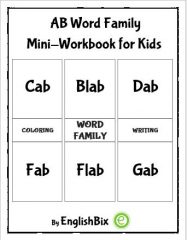
Should Vs Must Difference And Correct Use In Sentence Englishbix

Difference Between Shall And Will Buscar Con Google English Grammar Learn English Woodward English

The Difference Between Nutritionist Vs Registered Dietitian Peaches To Pearls
/marketing-vs-advertising-what-s-the-difference-2294825-FINAL-5bec5a9ac9e77c00519466cd.jpg)
Differentiating Marketing From Advertising

The Difference Between A Chiropractor And A Physical Therapist Discover Health And Wellness Denver
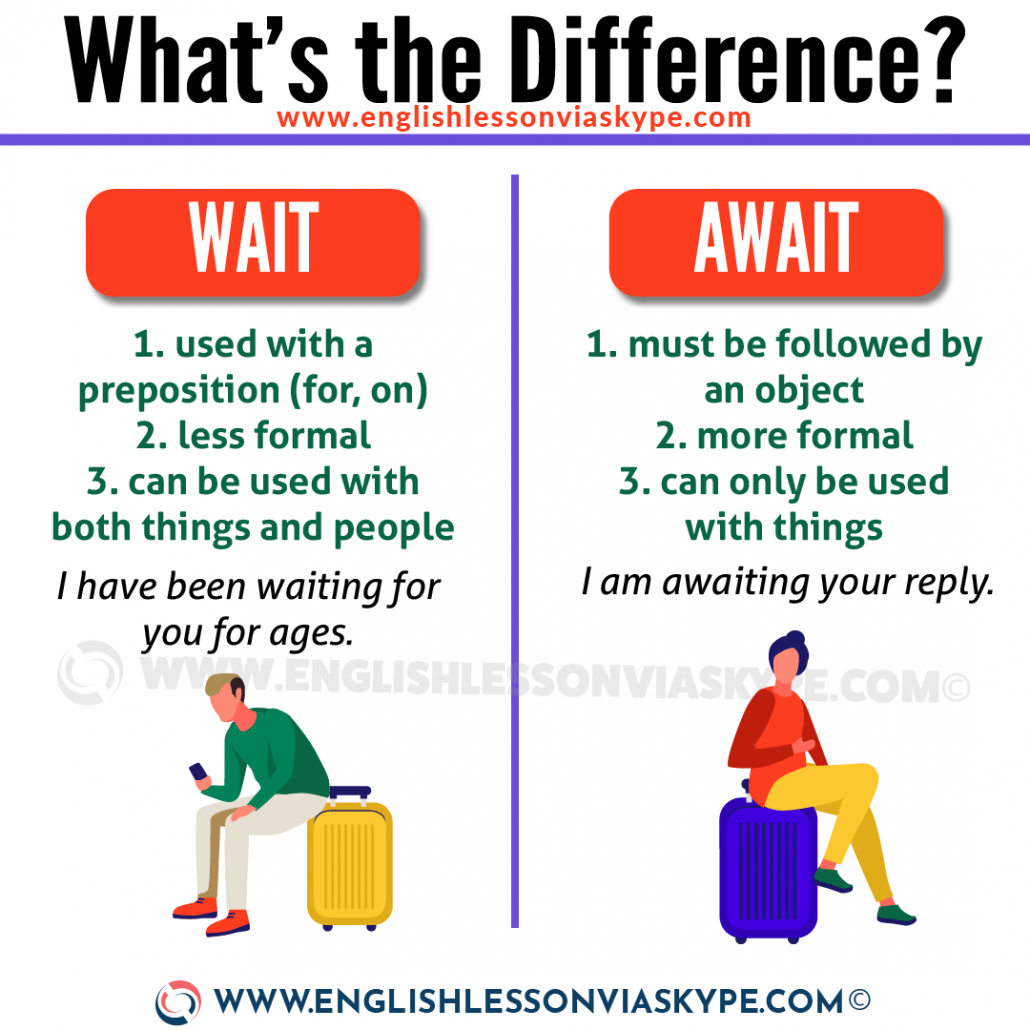
Wait Vs Await What S The Difference Learn English With Harry
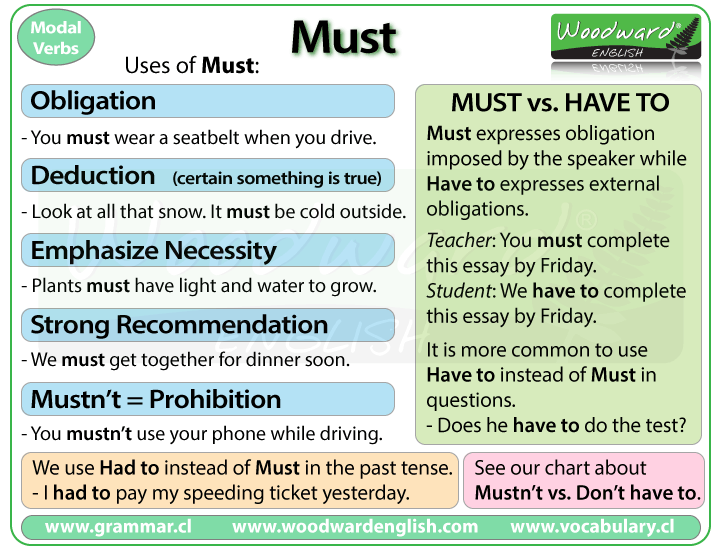
Must English Grammar

What S The Difference Tornado Doors Vs Hurricane Doors Laforce Frame Of Mind

Agile Vs Scrum Know The Difference Between Agile Scrum

Jpg Vs Jpeg Useful Difference Between Jpeg Vs Jpg 7 E S L

Hiveql Vs Sql Querychat

Difference Between Must And Have To Use Of Must Use Of Have To Must Vs Have To Youtube
/suspended-vs-revoked-license-f73910d7566b4a96bf58f103fad3c6a6.png)
Difference Between A Suspended And A Revoked License
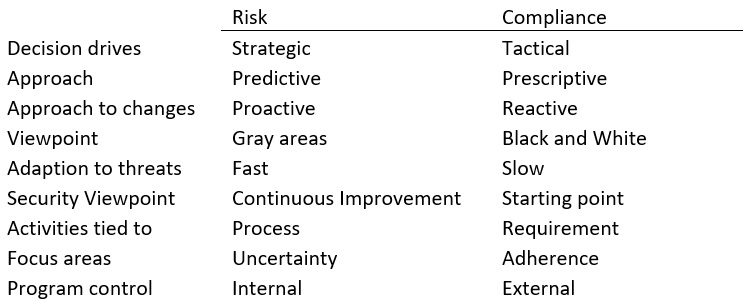
The Difference Between Risk And Compliance And The Important Connection Organizations Must Understand Securetrust

Have To Vs Need To Vs Must What S The Difference In English

What S The Difference Between W 2 Employees And 1099 Contractors Rx Ashlee
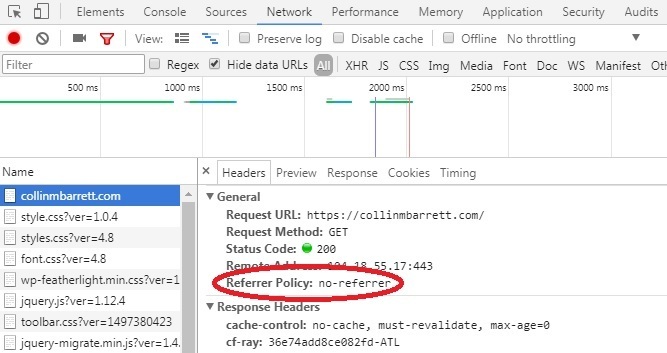
Http Vs The Difference And Everything You Need To Know

Between Vs Among Difference Between Between Among 7 E S L

Vector Vs Raster Graphics Geeksforgeeks

Oec What S The Difference Between Selling Collision Parts Vs

What Is The Difference Between Must Mustn T And Have To Don T Have To Must Mustn T Vs Have To Don T Have To Hinative
/PreQualification.folger-5c19152c46e0fb0001719e6b.jpg)
Pre Qualified Vs Pre Approved What S The Difference

Hazards Vs Danger Do You Know The Difference
2

Mood Vs Emotion Differences Traits Paul Ekman Group
What Is The Difference Between The Cpt Opt Quora

Community Service Vs Take Action Workshops4girls
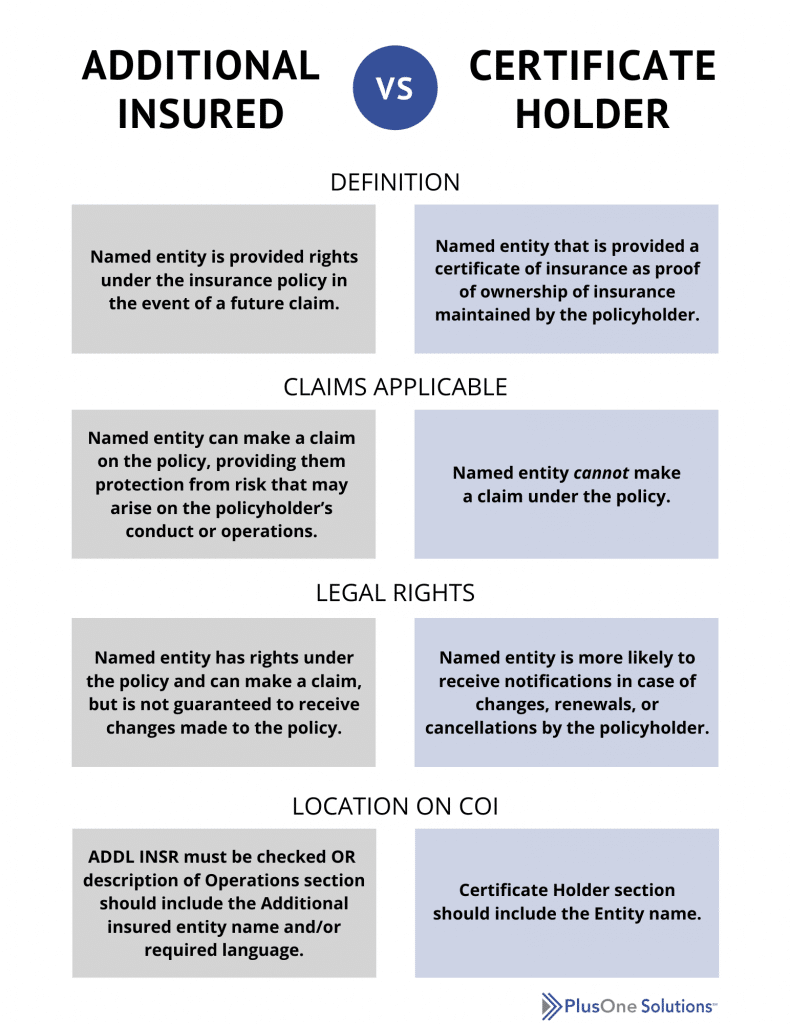
Understanding Cois Certificate Holder Vs Additional Insured
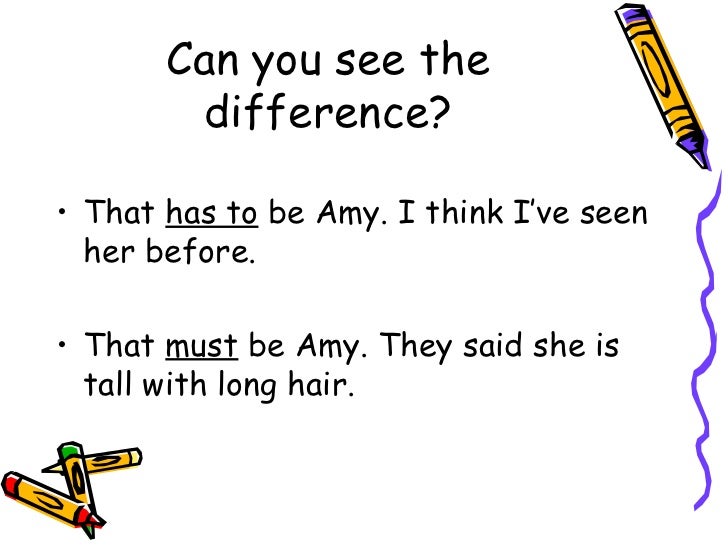
Have To Vs Must

Difference Between Must And Have To With Examples And Comparison Chart Key Differences

Science Fiction Vs Fantasy What S The Adventuring Difference Roleplaying Tips
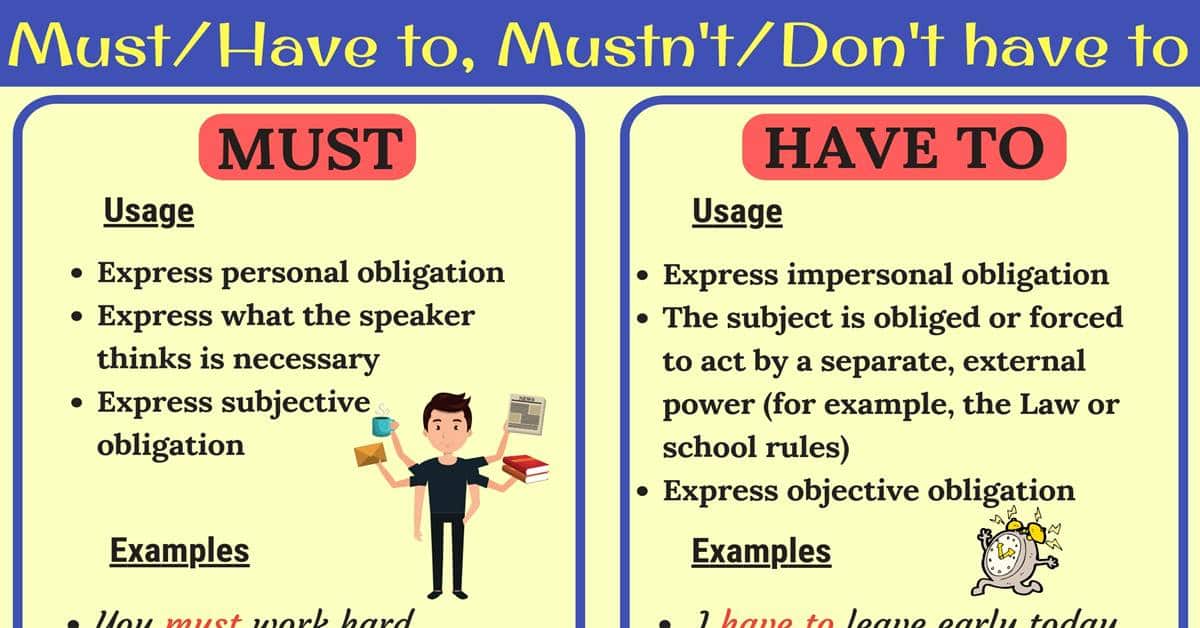
Must Vs Have To Must Not Vs Don T Have To 7 E S L
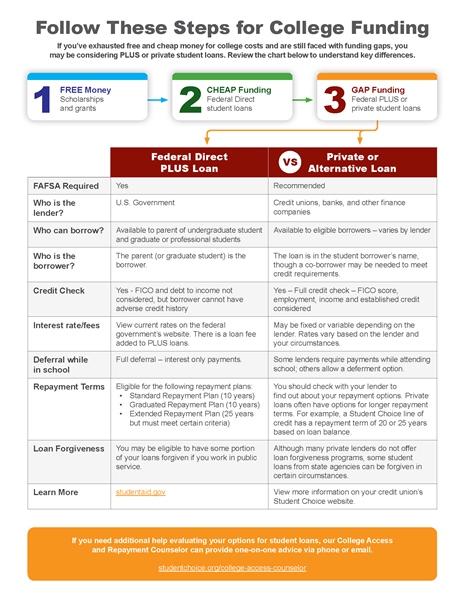
Federal Direct Plus Vs Private Loans Know The Difference News Americu Credit Union
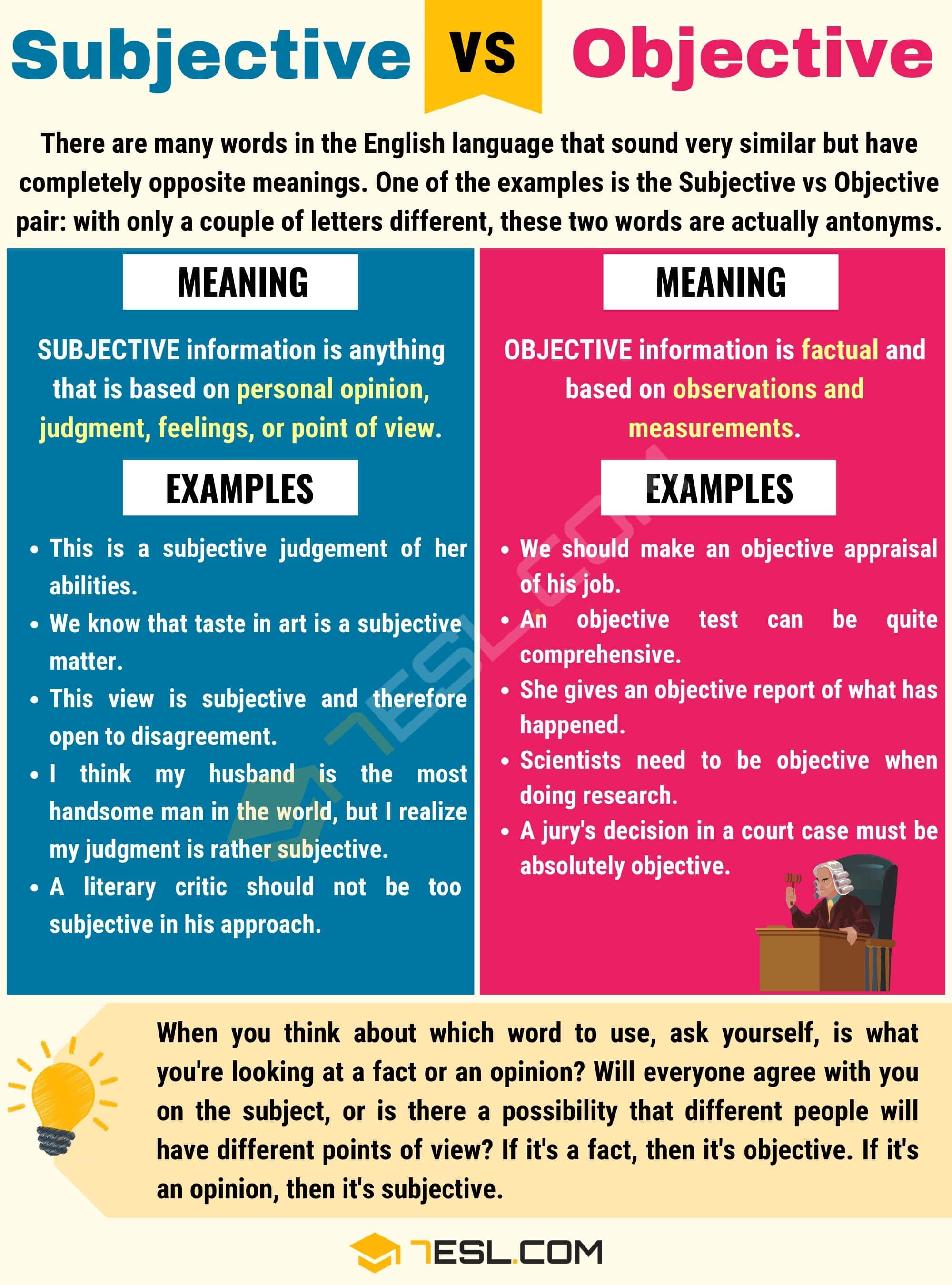
Subjective Vs Objective Differences Between Objective Vs Subjective 7 E S L
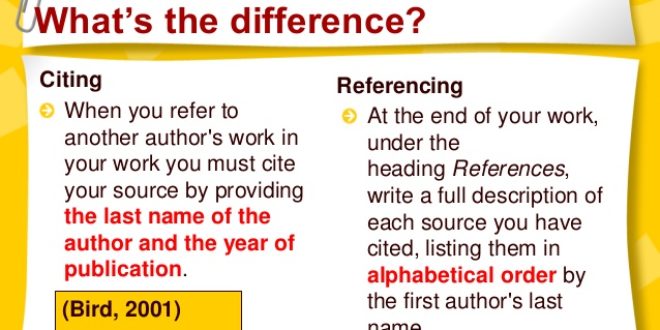
Citation Vs Reference Definition Comparison And What Are The Key Differences Scholars Ark

Must Vs Have To

Have To Vs Need To Vs Must What S The Difference In English Advanced English Grammar Youtube



